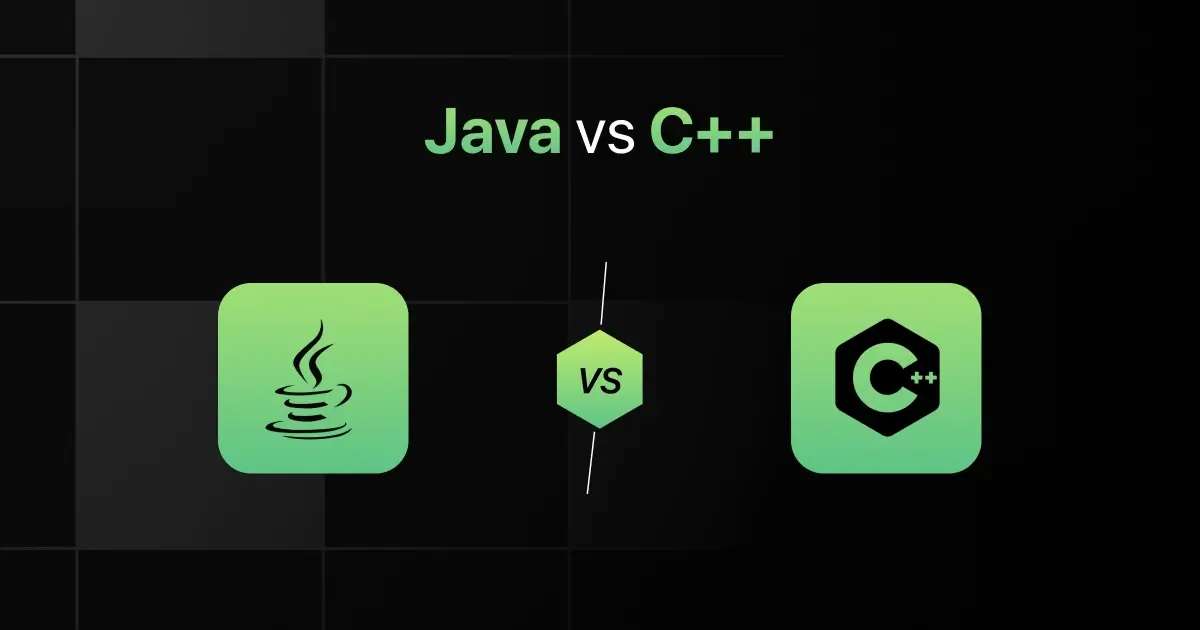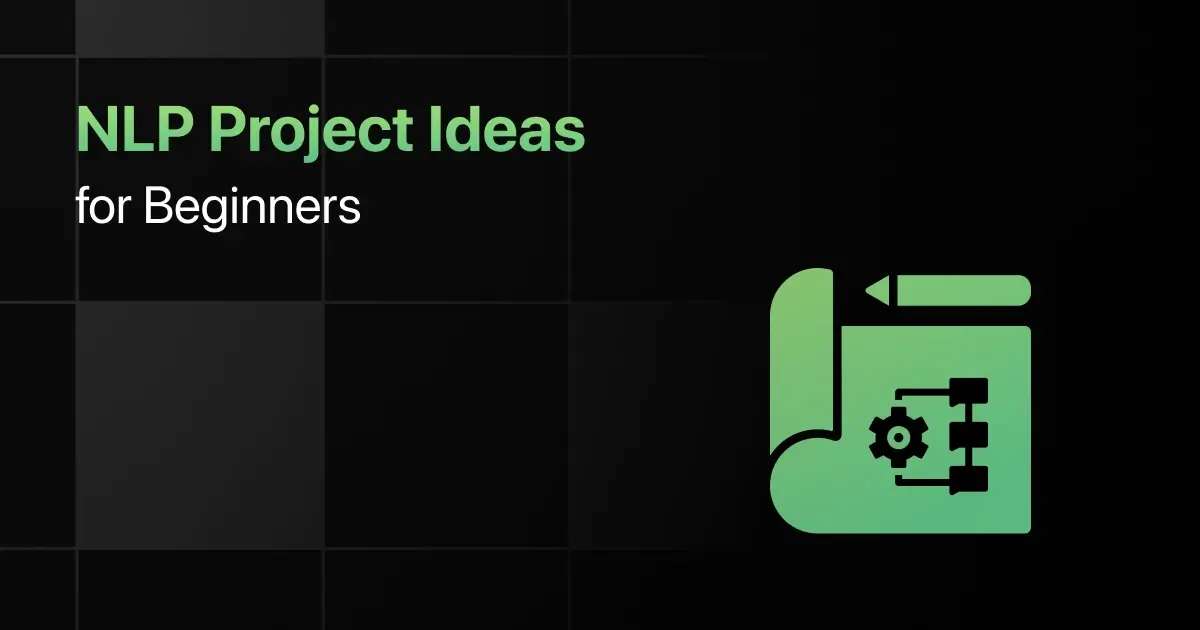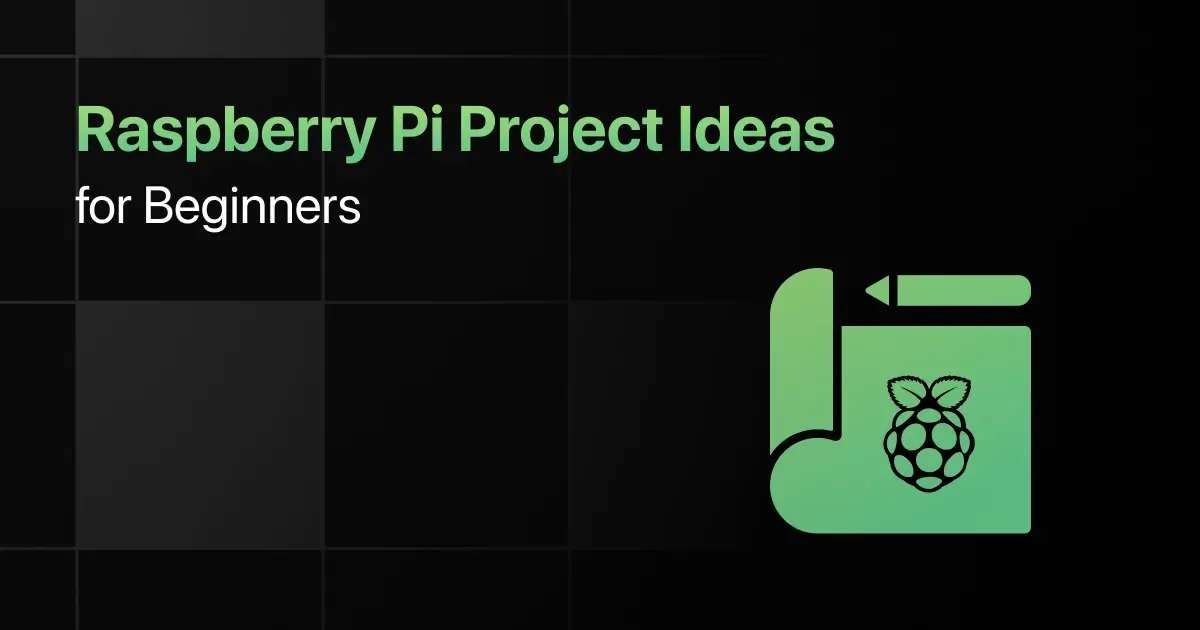Java vs C++: Key Differences

When comparing Java and C++, looking at what sets them apart is important. The discussion about Java vs C++ is common among programmers deciding which language to use for their projects.
The question of Java vs C++ which is better? or Java vs C++ which is best? depends on what you need for your specific project.
In this article, let us know the differences between Java and C++.
Java vs C++: Understanding the Key Differences
When comparing Java and C++, it’s crucial to understand the key distinctions that define their usage and capabilities.
One of the most important differences is that Java is designed to be platform-independent with a focus on portability, while C++ is known for its performance and control over system resources.
The following are other major differences between Java and C++:
| S. No. | Basis For Comparison | Java | C++ |
|---|---|---|---|
| 1 | Developed By | James Gosling at Sun Microsystems | Bjarne Stroustrup at Bell Labs |
| 2 | Release Year | 1995 | 1983 |
| 3 | Paradigm | Object-oriented, Class-based, Concurrent | Procedural, Object-oriented, Generic |
| 4 | Syntax | Simpler, more verbose, automatic memory management | More complex, manual memory management |
| 5 | Performance | Generally slower due to JVM overhead | Generally faster, closer to hardware |
| 6 | Applications and Use Cases | Web, enterprise, Android development | System/software development, game development |
| 7 | Learning Curve | Easier for beginners | Steeper, especially due to pointers and manual memory management |
| 8 | Libraries and Frameworks | Rich set of libraries and frameworks (Spring, Hibernate) | Extensive libraries, powerful standard template library (STL) |
| 9 | Platform Independence | Write once, run anywhere (JVM) | Platform-specific but can be cross-compiled |
| 10 | Concurrency and Multithreading | Built-in support, robust | Powerful but more complex and error-prone |
| 11 | Tooling and IDE Support | Excellent IDEs like IntelliJ IDEA, Eclipse, NetBeans | Good support with tools like Visual Studio, CLion |
| 12 | Memory Management | Automatic (Garbage Collection) | Manual (malloc/free, new/delete) |
| 13 | Error Handling | Exception handling | Exception handling, but more reliance on return codes and pointers |
| 14 | Security | Built-in security features, sandboxing | More susceptible to low-level vulnerabilities |
| 15 | Scalability | Highly scalable | Scalable, but more effort required |
| 16 | Key Features | Platform independence, robust APIs, security | Performance, system-level access, flexibility |
| 17 | Integration with Other Technologies | Excellent, especially with web technologies | Good, especially in system and performance-critical applications |
| 18 | Community and Support | Large, active community, extensive documentation | Large community, strong in systems and game development |
| 19 | Job Opportunities | High demand in enterprise and web development | High demand in systems, software, and game development |
| 20 | Future Prospects | Strong, especially with enterprise and mobile | Strong, particularly in high-performance and system-level development |
Java vs C++: Which One to Choose?
Choosing between Java and C++ can be challenging, but by understanding their distinct advantages, you can make an informed decision.
Choose Java If:
- You aim to work as a backend developer, mobile app developer (especially Android), or enterprise-level software engineer, particularly in large corporations and tech companies that rely on Java for its robustness.
- You seek a language with comprehensive libraries and frameworks, such as Spring and Hibernate, that is essential for enterprise and Android application development.
- You value a language known for its high execution speed, efficiency, and extensive memory management capabilities, making it ideal for high-load systems and large-scale applications.
- You need a universally compatible language that supports a wide range of platforms from enterprise servers to mobile operating systems through its Java Virtual Machine (JVM).
- You focus on developing large-scale enterprise systems, Android applications, and server-side technologies, where Java’s scalability and reliability are unparalleled.
Choose C++ If:
- You are looking to work as a software developer, game developer, or in system architecture design, particularly within industries like video game design, real-time simulation, and software development.
- You are interested in a language with an extensive range of libraries and frameworks like Boost and Qt, supporting complex graphical applications and real-time simulation.
- You need a language known for its robust performance capabilities, capable of handling complex object-oriented applications with significant memory and process management.
- You require a language versatile enough to be used on multiple platforms including desktops, servers, and large systems, benefiting from C++’s object-oriented features and its vast standard library.
- You focus on developing complex systems such as desktop applications, AAA video games, or simulation software where advanced object-oriented programming is beneficial.
Final Words
The main difference between Java and C++ lies in their design and use. The purpose of understanding the Java vs C++ difference is to choose the right tool for the job, depending on factors like the project’s size and how easy it is to maintain.
Explore More Java Resources
- Java Learning Websites
- Java Practice Websites
- Java YouTube Channels
- Java Project Ideas
- Java Apps
- Java IDEs
- Java MCQ
Explore More C++ Resources
Explore More Comparisons
- Python vs Java
- C vs C++
- Python vs C++
- Angular vs React
- TypeScript vs JavaScript
- C vs Java
- Java vs JavaScript
- Flask vs Django
- C vs Python
- Kotlin vs Java
- React vs React Native
FAQs
The key differences between Java and C++ are:
- Java is platform-independent, while C++ offers more control over system resources.
- Java uses automatic garbage collection; C++ requires manual memory management.
- Java does not support multiple inheritance directly; C++ does.
- Java is interpreted and runs on the JVM; C++ is compiled to machine code
It depends on the project requirements and specific use cases. Choose Java for web, enterprise, and Android applications needing platform independence, and C++ for system/software development, game development, and high-performance applications.
C++ is generally faster due to the direct compilation of machine code.
- Java is used for web and enterprise applications
- C++ is used for system/software development and game programming.
Java is generally easy to learn for beginners due to its simpler syntax and memory management.
Yes, both can run on different platforms, but Java is inherently platform-independent.
Yes, Java is used for Android apps, and C++ can be used for cross-platform mobile development.
Both have strong job prospects, but Java is more common in enterprise applications, while C++ is in systems and game development.
Related Posts



Golang Interview Questions
Are you preparing for your first Golang interview and wondering what questions you might face? Understanding the key Golang interview questions …
Warning: Undefined variable $post_id in /var/www/wordpress/wp-content/themes/placementpreparation/template-parts/popup-zenlite.php on line 1050









